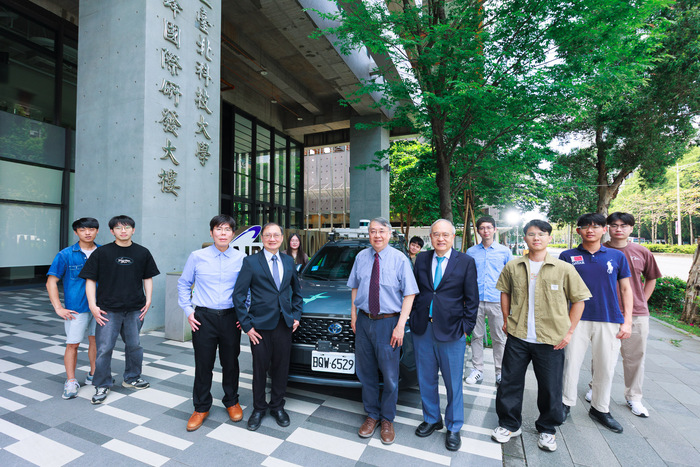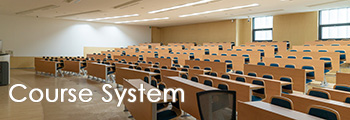Taipei Tech Drives AI Innovation with Academia Sinica and ELAN Microelectronics

As AI transforms industries from autonomous vehicles to national defense, Taipei Tech is helping bring cutting-edge research from the lab into real-world applications. Through the newly established Taipei Tech-ELAN Joint Research Center, Taipei Tech has joined forces with ELAN Microelectronics and Academia Sinica to co-develop advanced object detection and edge AI technologies for applications in smart transportation, unmanned aerial systems, and beyond.
Located on the Taipei Tech campus, the center serves as a platform for transforming cutting-edge research into real-world applications. By transforming Academia Sinica’s AI breakthroughs into commercial-ready solutions, the university plays a vital role in accelerating Taiwan’s AI ecosystem.
The center builds on Academia Sinica’s globally recognized 2D and 3D object detection algorithms—originally developed for UAVs—and adapts them for edge computing systems that do not depend on remote cloud servers, a key requirement for applications in smart vehicles and national defense. Taipei Tech brings deep technical expertise and strong links to industry, making it the ideal partner to translate complex AI models into deployable technologies.
Professor Chen Yen-lin, chair of Taipei Tech’s team, noted that the university has been focusing on three core areas: AI perception, sensor fusion, and control decision-making. These domains are key to developing scalable ADAS (Advanced Driver Assistance Systems), capable of processing data from multiple sensors—including radar, lidar, and cameras—in real time.
To support real-world testing, ELAN Microelectronics has provided critical resources such as experimental vehicles, drones, and computing platforms. Meanwhile, Taipei Tech’s researchers have tackled challenges like collecting localized road data, optimizing lightweight edge AI models, and creating an integrated sensor-to-control system—all while training students through direct industry involvement.
Vice President Yang Shih-hsuan emphasized the importance of this hands-on collaboration for student development. “This center is essentially a second classroom,” he said. “Students gain practical skills in edge AI, sensor systems, and data annotation, and are exposed to real industrial scenarios before graduation.”
This partnership exemplifies Taipei Tech’s long-standing commitment to industry-academia collaboration. Beyond automotive applications, the model will expand into sectors such as healthcare, agriculture, and defense—advancing Taiwan’s technological self-reliance while training the next generation of transdisciplinary talent.






